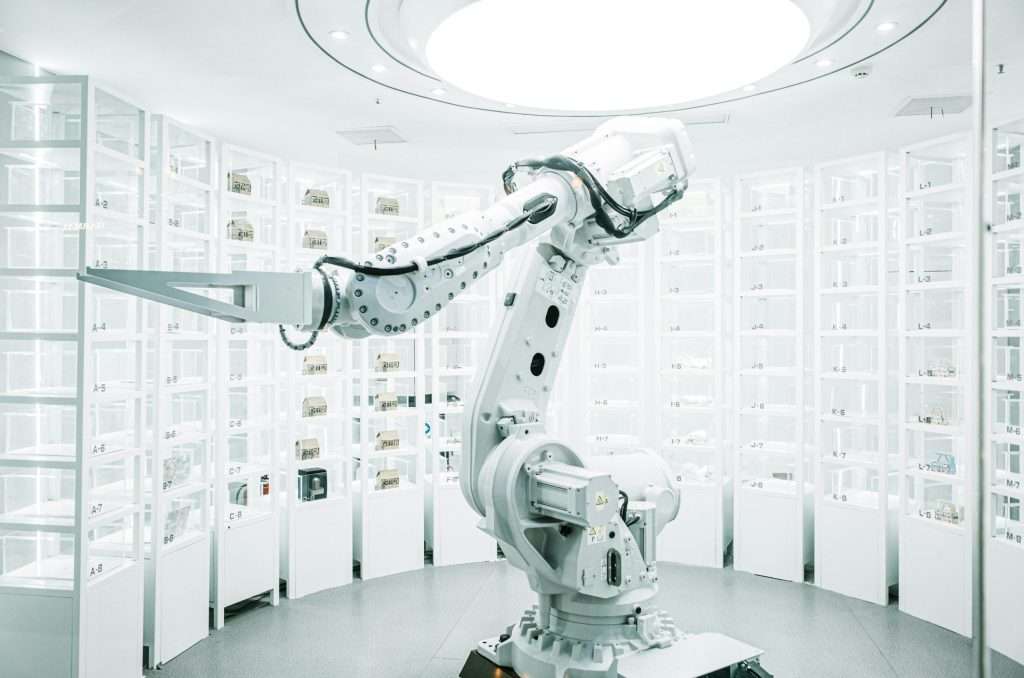A recent Gartner study indicates that chief supply chain officers (CSCOs) are at the forefront of planning workforce reductions by 2025, as Generative AI (GenAI) becomes more integrated into supply chain operations. While GenAI offers opportunities for innovation and efficiency, there is a growing concern that its implementation could exacerbate existing talent challenges.
Talent Strategy and GenAI Integration
The research, which surveyed 822 business executives, including 112 supply chain professionals, suggests that CSCOs are optimistic about GenAI’s potential but may not fully grasp its impact on the workforce. Sam Berndt, Gartner’s senior research director, warns that CSCOs might reinforce negative talent trends, such as shortages and burnout, if they focus solely on GenAI for cost-cutting rather than as a tool for empowerment.
Despite the planned adoption of GenAI by 64% of supply chains this year, CSCOs have a critical window to recalibrate their approach to ensure GenAI enhances rather than alienates their teams.
Addressing Misconceptions for a Sustainable Future
Gartner’s report identifies three misconceptions that could undermine supply chain talent:
- Viewing GenAI as merely a way to reduce labor costs can alienate employees and overlook its potential to enhance productivity and skills development.
- Believing that GenAI will primarily displace early-career workers may deter new talent, whereas promoting GenAI as a benefit can attract tech-savvy recruits.
- Failing to communicate GenAI’s role in the organization can lead to employee anxiety about job security, whereas transparency can mitigate fears and foster a positive outlook.
Berndt advises CSCOs to confront these misconceptions by highlighting GenAI’s comprehensive benefits, using it as a draw for new talent, and clearly communicating its role in shaping the future of work.
In a broader context, Gartner also forecasts a 25% decrease in search engine volume by 2026 due to AI advancements, signaling a transformative period for technology and information retrieval.





